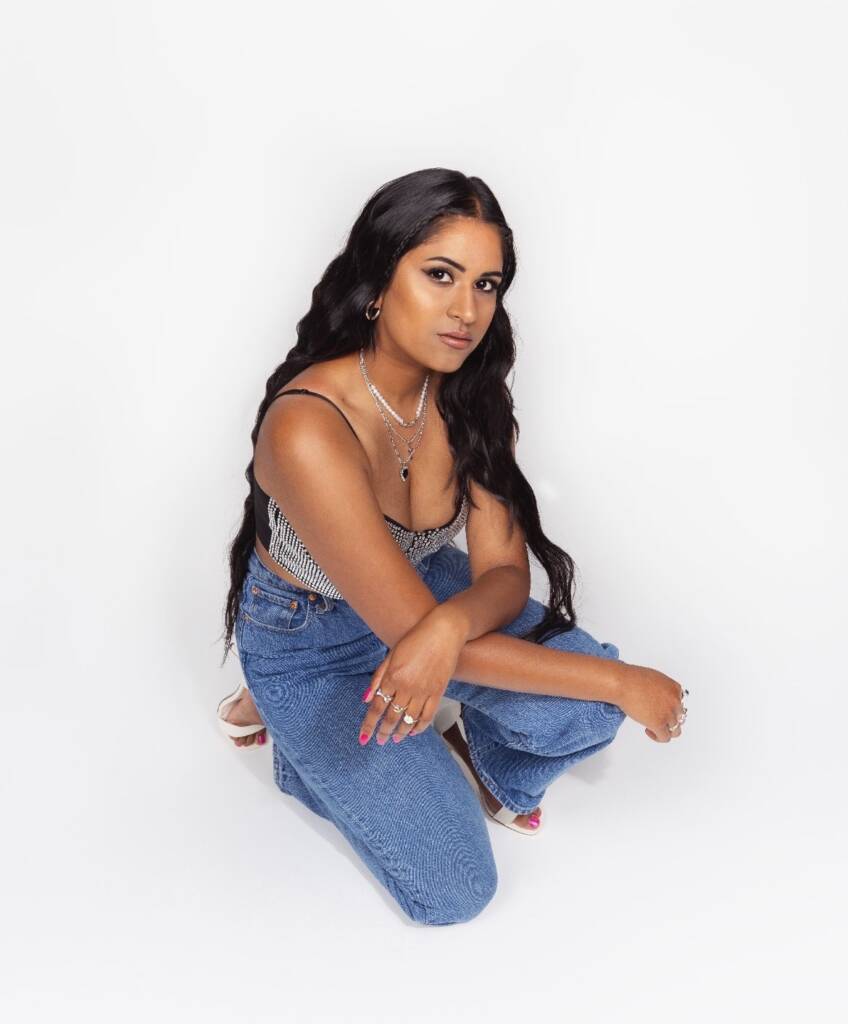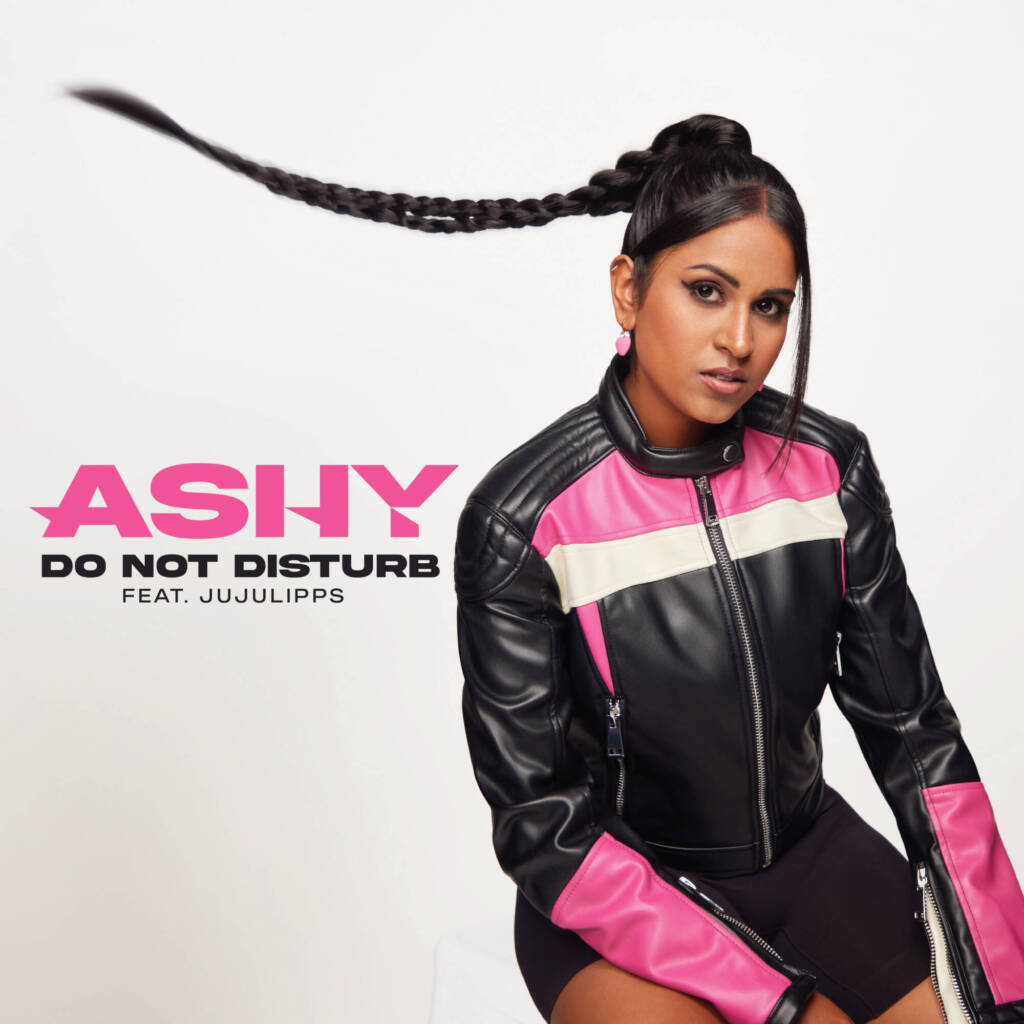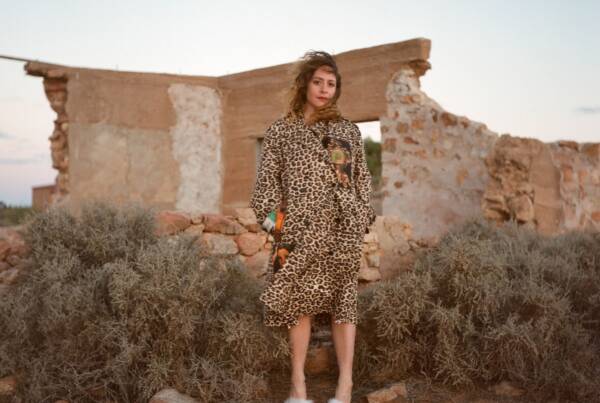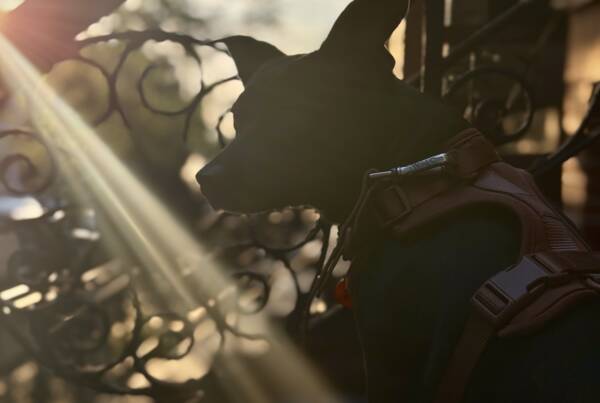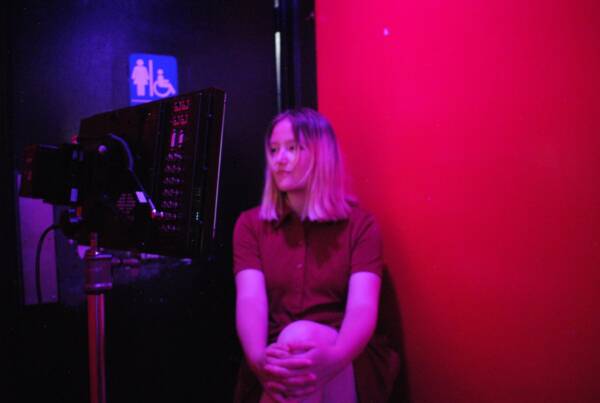Writing by ASHY
“A widely successful, young, Indian, female pop artist in the western world” is a concept that is still somewhat foreign. Over the course of my journey in the music industry it has been a constant endeavor to try and find strength in being a woman of colour.
Growing up in a place like New Zealand, being a young South Asian female guitarist and Indian girl that also played guitar and was the lead vocalist of a band (with all male players) was extremely rare. I think without realizing it, from the young age of 11 I was already pushing the envelope. Naivety was my strength back then as society’s norms could not cloud did not get in the way of my passion for music, songwriting & performing.
However, as I grew up and started working within the music industry I found myself a little lost. I think this was due to actually trying to find my place, where I fit. And the truth is, I actually didn’t fit – and still don’t. I began to notice that what was easier for other artists was just not as attainable for me. This started to affect the trajectory of my career as there was hardly any general interest from labels, managers and industry professionals. Looking back on this crucial time at the beginning of a career I truly feel like being a woman of colour was not in my favour.
What I was trying to achieve seemed quite unreachable to the industry, I would attest this to my diversity in general. As an artist it is quite hard to ‘brand’ me or put me in a box that has already been proven to be successful. Someone in the industry actually said this to me. So naturally, I had to find a way to get ahead. That required me to work twice as hard as anyone else. I often felt like as soon as someone met me or saw a photo of me, I started on the backfoot. It wasn’t until I shook their hand or they could hear me speak that they could treat me the same as others.
Relatively the same as when I was 11, flipping through my ‘Total Girl’ magazine consuming media that left people like me underrepresented. Sure at this young age, maybe I didn’t understand the weight of this, but now it is clear that everything I wanted to achieve in music had simply not been done before.
I worked on creating a version of this for myself, I was self managed and independent for a long time. I honed in on my songwriting, brand and what I wanted to present. I chose to be confident. In my songwriting, fashion, videos, branding, everything. Even though I felt quite unsure of myself and what were the right moves to make in the industry.
My focus became the strengths of being a young woman of colour because regardless of anything else, I am different.
The world has also changed around me in recent years, we are having more open conversations about representation and diversity within all lines of work. I believe it has given me a newfound confidence in what I have always set out to do and that anything is completely possible. It has been because of the questions asked in broader society that my new mentality could exist. After consuming the mainstream media we were so used to for so many years, we both like and root for relatability. Maybe we have platforms like Tiktok to thank for this, holding more of a personal narrative for audiences and having the ability to let them into your ‘day to day’.
This relatability factor can turn an unknown artist into a superstar overnight. I think we can also say the same for representation. When we see something that we relate to we do feel more connected. I think if I had seen someone that looked like me as a pop commercial artist at a young age it would’ve been hugely influential.
My time at SXSW this year as an Official Showcasing Artist redefined my outlook on myself as an artist. It’s easy to forget about what I represent by just being me, but I felt as if it was a celebratory experience performing for audiences.
My journey has not been an easy one but it is encouraging to see change.
—

